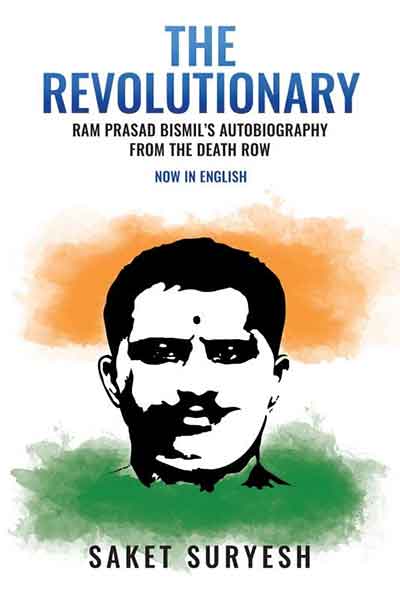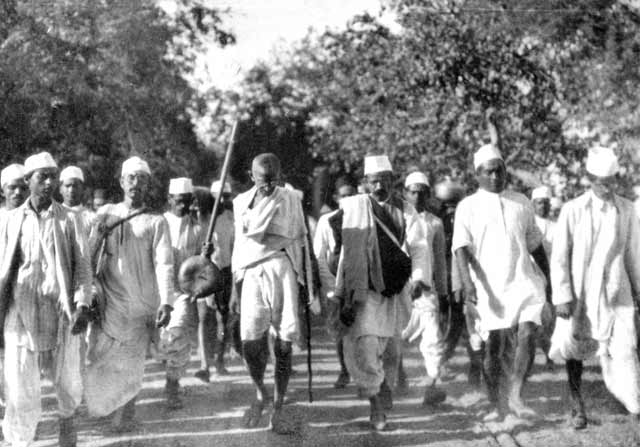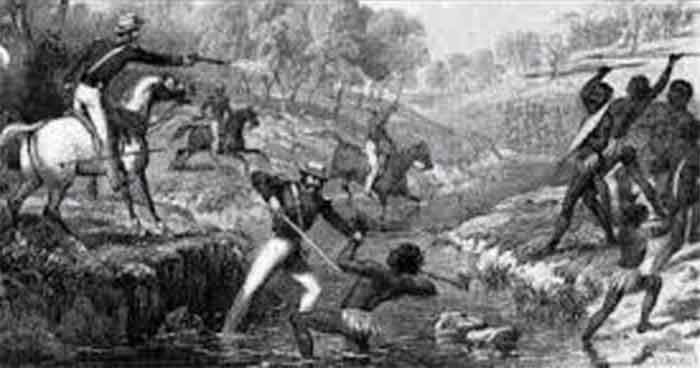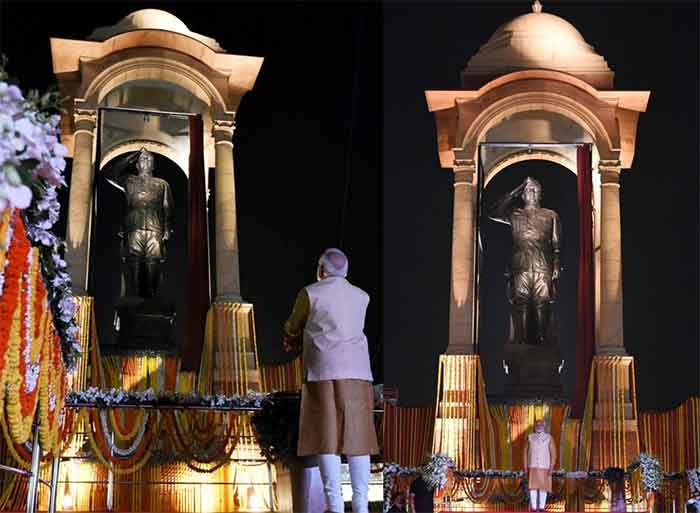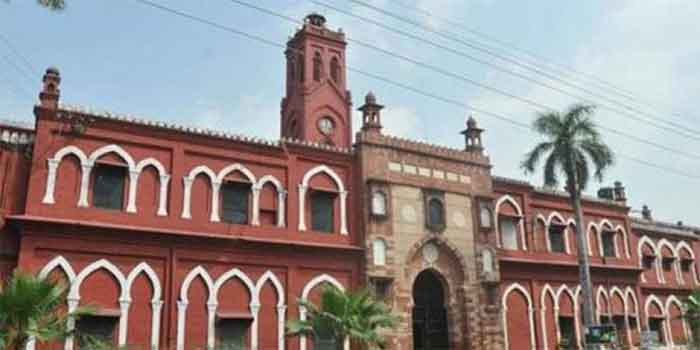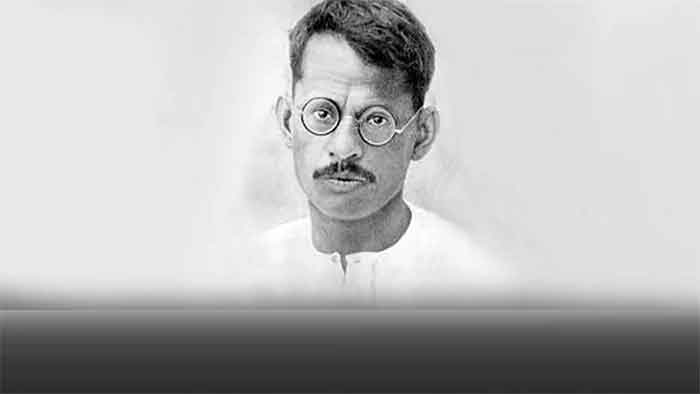
Ganesh Shankar Vidyarthi (1890—1931) had a unique position in the freedom movement of India. He was also a very great editor whose newspaper Pratap was a flag-bearer of freedom fighters as well as worker and peasant struggles.
A prominent leader of the Congress Party and its head in United Provinces (roughly the Uttar Pradesh of today) , he also had a close relationship of mutual trust with the group of revolutionaries led by Bhagat Singh and Chandra Shekhar Azad ( the Hindustan Socialist Republic Association).
Deeply committed to communal harmony , he made lifelong efforts to strengthen Hindu-Muslim unity in particular. In March 1931, 90 years ago, 40 year old Vidyarthi had just been released from jail and was catching up with pending work in Kanpur, the main centre of his work. Suddenly very serious communal violence erupted in parts of this city. Vidyarthi rushed to the scenes of violence. While trying to restore sanity and peace, he was also rescuing trapped persons from both communities. In the course of these efforts, someone stabbed him and his dead body could be recovered only after some time on March 25. This was presented as a case of an ordinary riot killing.
This much is widely known. However there are several questions regarding this narrative which have been raised from time to time.
In order to appreciate these doubts, two aspects of the situation existing then should be kept in mind. Firstly, the colonial authorities had been keeping a very close eye on Vidyarthi as among all the Congress leaders he was the one who enjoyed the most confidence and trust of the revolutionaries in North and Central India. The colonial authorities feared that in future Vidyarthi may become an important factor in organizing a closer collaboration of the two streams of the freedom movement. He had already been jailed five times and implicated in several other legal cases as well but he had refused to bend and his popularity among people just kept rising . He was also close to and in fact deeply involved in organization and mobilization of workers and peasants.
Secondly, another factor which increased these worries of the government particularly at this point of time was that the government had made up its mind to hang Bhagat Singh, Rajguru and Sukhdev, ignoring the very widespread demand for commuting the death sentence, but was nevertheless fearful of the protests of the people that would erupt soon after this. The government felt that it had made enough arrangements to control the unrest in Punjab, but was apprehensive about the protests spreading to a much wider part of India, particularly North and Central India. The government suspected that Ganesh Shankar Vidyarthi would be playing the most important role in spreading these protests, giving his important position in the Congress as well as among revolutionaries and their sympathizers. Kanpur, the main work area and support base of Vidyarthi, was likely to emerge as a base for this.
It is in this context that the sudden eruption of violent communal riots in Kanpur almost at the same time as the hanging of Bhagat Singh, Rajguru and Sukhdev should be seen. Instigation of communal violence to divert attention from the misdeeds and great injustices of the authorities was a time-tested tactic which the colonial government had implemented again and again with the collaboration of communal elements . The timing of the sudden eruption of communal violence in Kanpur in the last week of March 1931 has led to widespread suspicions that these riots were instigated by the colonial government to ensure that the attention of people will be diverted towards this and there will be no opportunity to organize any protest against the hanging of the three great martyrs.
This much has been widely suspected for quite some time. But in addition some questions have also been raised regarding the way in which Ganesh Shankar Vidyarthi got killed in this violence. In the published interviews since then it has been stated that there was secretive talk among some people in bastis of Kanpur hours before that weapons are being distributed and the Lion of Kanpur ( Kanpur Ka Sheru ) will be killed that day! This reference was of course regarding Ganesh Shankar Vidyarthi only.
What is more, it is very difficult to believe that any small goon would have attacked a person of the stature of Ganesh Shankar Vidyarthi on his own as any ordinary riot violence. He was very widely known and recognized in Kanpur and he had received great respect from all sections. He was perhaps the most popular and prominent leader of the city. It is highly unlikely that such a man would be killed in ordinary fighting. In fact it is more likely in normal circumstances that in rescue efforts he would be accompanied by other local community leaders who would be protective towards him. The chances of his stabbed body being found hours later would be very remote in normal circumstances, but this is what actually happened.
So what appears most likely is that the colonial authorities had targeted professional trained killers to trap, isolate and murder Vidyarthi and then to show his killing as an ordinary riot killing. In all likelihood, his killing by professional killers was a part of the wider planning of communal riots—first riots were instigated and then Vidyarthi was trapped and killed, all in a pre-planned way. Given his deep commitment and his certain availability in Kanpur at that time as he had just been released from jail, it could be taken for granted that he will appear at the scene of eruption of communal violence to help in rescue and peace work, and the entire plan was made keeping in view this certainty.
Certainly this was a very tragic episode in the freedom movement of India. Even as we remember him for his greatest and even unique contributions to freedom movement and to journalism , more information on the circumstances of his tragic death is also helpful in setting the record straight.
Bharat Dogra is a journalist and author who has been close to social movements.
GET COUNTERCURRENTS DAILY NEWSLETTER STRAIGHT TO YOUR INBOX

